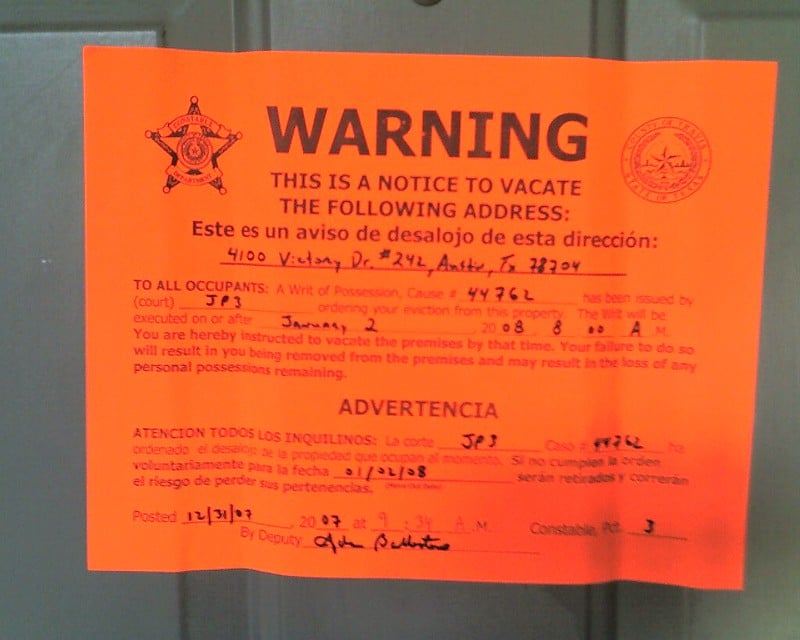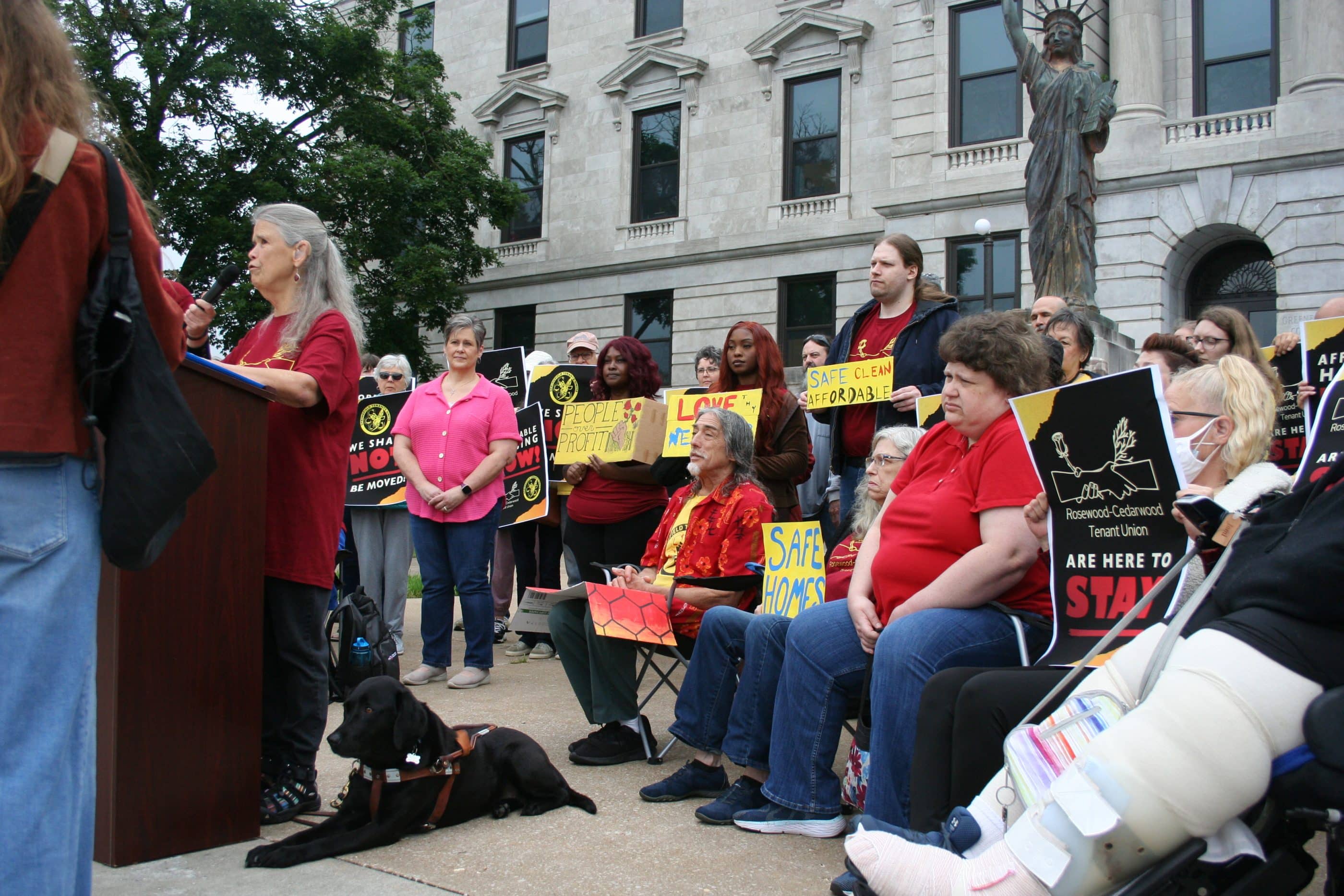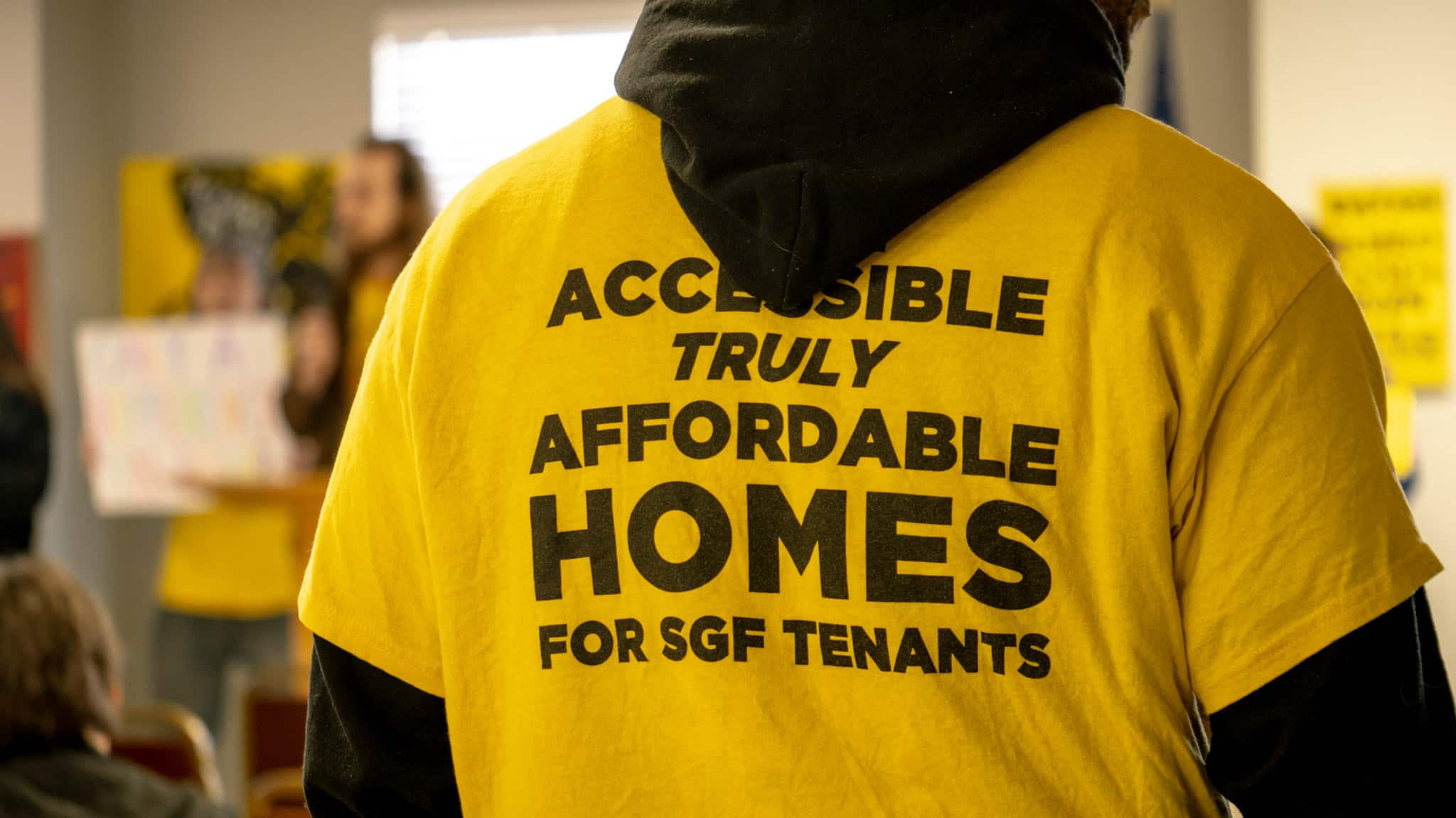Eviction Data. Renters in Chicago’s Black neighborhoods are four times as likely to face eviction as those in white neighborhoods, according to data compiled by the Lawyers’ Committee for Better Housing. The organization reviewed eviction records filed during a seven-year period—from 2010 to 2017—and also found that the Windy City had more than 23,000 eviction filings a year, 60 percent of which ended in eviction. (And eviction filings hurt tenants, even if they win.) The data also highlighted the importance of lawyers for tenants. In cases where tenants did not have an attorney, 62 percent of cases ended in eviction. In cases where tenants had a private attorney, 50 percent of tenants were evicted. The best bet: legal aid attorneys. “Eviction cases were even more likely to end favorably for tenants who had legal aid attorneys representing them, as only 22 percent of those cases ended in eviction orders.” Twenty-two percent! That’s why we’re enthusiastic about the Right to Counsel movement that’s slowly spreading across major cities like New York and hopefully Los Angeles. (Chicago, its your turn. Learn more about Chicago evictions here.)
When protesting becomes a felony. In the years following the international attention that Dakota Access Pipeline demonstrations have received, efforts to punish pipeline protestors has spread across the U.S. New laws in at least five states heighten penalties for damaging oil and gas infrastructure, and even penalize organizations that aid protestors. Penalties can include up to 10 years in prison and $100,000 fines, reports Grist. (Seven other states are considering similar laws.) “Trespass is already a criminal offense under the law. Damaging private property is already a criminal offense. These create really egregious penalties for conduct that’s already penalized,” Elly Page, an attorney with International Center for Not for-Profit Law, told Grist.
Officials in the city of Kingston in Upstate New York this week unveiled a draft of a new policy that would regulate both public art and private art that happens to be visible to the public. The policy would institute guidelines (and a few restrictions), and require that plans for artwork over a certain size go through an approval process, along with a $25 application fee. Opponents at the public hearing where the draft policy was announced voiced concerns about restricted creativity for artists and government censorship, while some supporters believed the regulation would help democratize the process, thus encouraging more artists to apply.
They’re not taking natural disasters seriously. The House, which for the third time blocked a nationwide disaster aid bill, approved a two-week (yes, two week) extension of the National Flood Insurance Program (NFIP). The program, enacted to reduce the impact of flooding on public and private structures, was expected to expire today. NFIP plays a major role in addressing the growing threat of flooding, but it has many shortcomings, including inaccurate flood maps. Learn more in Joel Scata’s recent Shelterforce piece, the “Uncertain Flood Zone”.
When will it be over? The administration is sticking to its MO. From making it harder for transgender people to access homeless shelters to an anti-immigrant proposal that would evict 55,000 children from their homes, it’s difficult to read these stories and not get upset, especially when you read comments like, “It’s not that we’re cruel, mean-hearted. It’s that we are logical,’ from HUD’s Ben Carson. Thankfully, there are allies who aren’t going to put up with harmful rules and continue to fight.
We’re reading this piece in the Harvard Political Review: Overpoliced, Underrepresented: Racial Inequality and Cannabis Capitalism. As states make the march toward marijuana legalization, more industry critics are asking why the now legal and lucrative cannabis industry can’t open up opportunities to the communities that were most negatively impacted when weed was illegal.
Here’s what else we’re reading: Owning a Home is Good for Your Health from How Housing Matters; and This Lawsuit Is Putting a Racial Equity Lens on Economic Development Incentives from Next City.






Comments